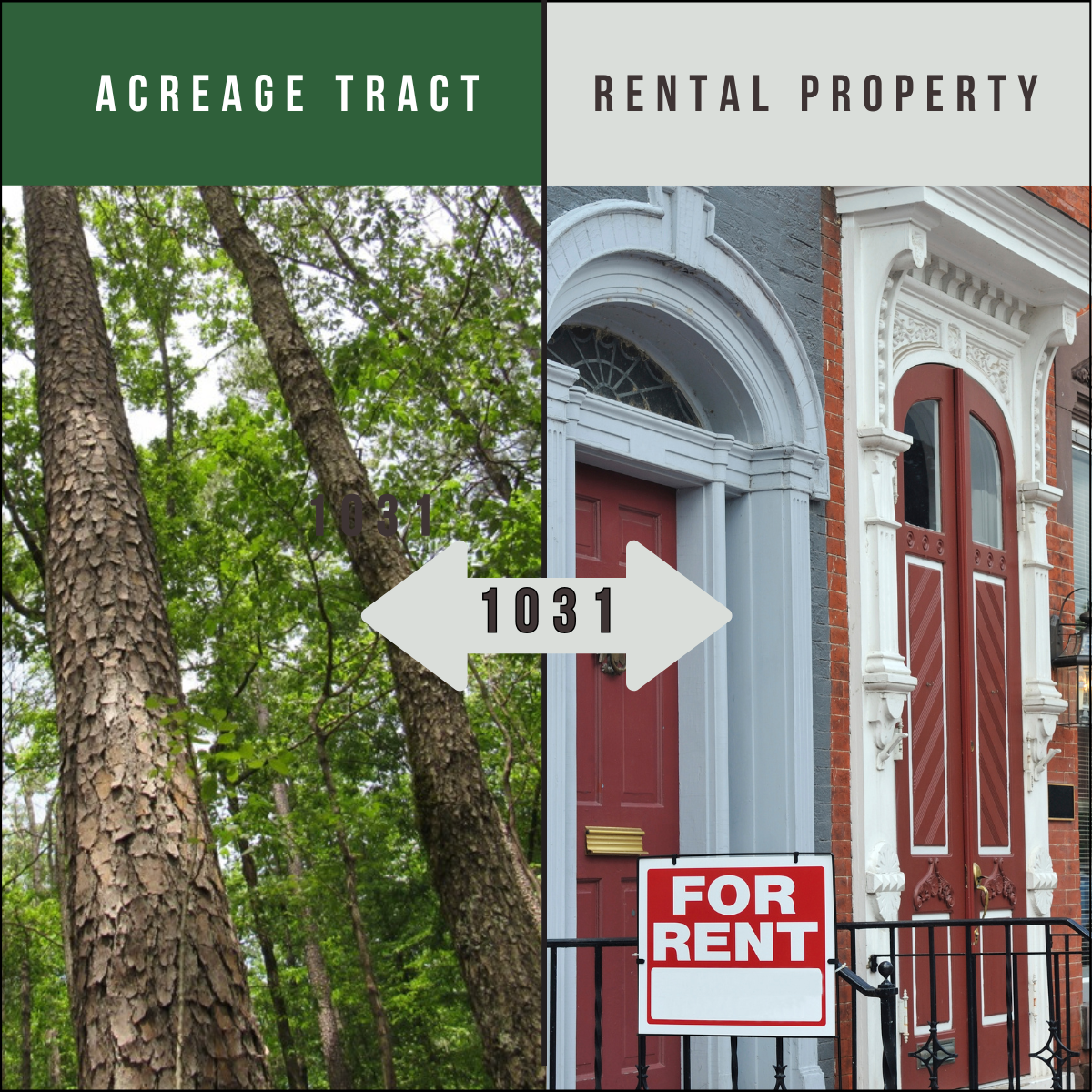Thinking about selling land you own? You need to know about the 1031 exchange. It’s a powerful tool that most people don’t fully understand, but it can help you grow your wealth without a big tax bill. But first and foremost, I am not an attorney, nor do I play one on TV. Just passing along some of my experiences. When considering 1031 always consult a qualified Real Estate attorney.
What is a 1031 Exchange?
A 1031 exchange gets its name from Section 1031 of the IRS tax code. This rule allows you to sell an investment property and buy another “like-kind” property while deferring capital gains taxes. The key is that the tax is deferred, not eliminated.
Don’t be confused by “like-kind.” It doesn’t mean you have to swap timberland for timberland. It simply means you’re trading one investment property for another. This flexibility is what makes a 1031 exchange so useful for landowners with changing goals.
Case Study: Diversifying Your Investments
A client of mine in Blount County sold his 50-acre tract of timberland. He wanted a more consistent income stream, so he used a 1031 exchange to purchase a rental home in Auburn. Both properties were considered investment properties, so the transaction qualified as “like-kind,” and he was able to defer his capital gains tax.

Timing is Everything
The clock starts ticking the day you close on the sale of your land. From that day, you have two strict deadlines:
- 45 days to identify up to three potential replacement properties in writing.
- 180 days total to close on one or more of those identified properties.
These deadlines are firm and non-negotiable. If you miss them, you’re out of luck with the exchange. This is why you must plan ahead and talk to your attorney and exchange intermediary before you sell.
You’ll Need a Qualified Intermediary
You can’t touch the money from the sale of your land. That’s where a Licensed Qualified Intermediary (QI) comes in. The QI holds the funds in between the sale of your old property and the purchase of your new one. Your QI must be a neutral third party with no prior relationship with you, such as a CPA, attorney, or real estate broker. They ensure the exchange follows all IRS rules.
Why Do a 1031 Exchange?
Here are some of the main reasons landowners consider a 1031 exchange:
- Defer Capital Gains Taxes: If you’ve owned your land for a long time, its value has likely appreciated significantly. A 1031 lets you avoid paying taxes on that profit for now.
- Diversify or Consolidate Your Investments: You can trade a single large property for multiple smaller ones or sell several smaller properties to buy one large one.
- Build Long-Term Wealth: This strategy keeps your equity working for you instead of paying a large chunk of it to the IRS.
Case Study: Consolidating Holdings for a Better Business Model
I worked with a large timberland company that had many tracts scattered across North Alabama. Managing these properties was a logistical headache. We helped them sell the various tracts and use a 1031 exchange to purchase new properties that were more geographically concentrated, which improved their operational efficiency.
But It’s Not for Everyone
A 1031 exchange only works for investment or business-use property. It does not apply to your personal home, a second home, or land used for personal enjoyment.
Case Study: The Difference Between Investment and Personal Property
I once had a client who wanted to sell his Florida property to buy 20 acres on a lake in Shelby County. He was able to use a 1031 exchange because his Florida property was a rental home, an actual investment. If it had been his personal vacation home, he would have had to pay the capital gains tax.
A Word on “Boot”
For a 1031 exchange to be fully tax-deferred, the new property’s price must be equal to or greater than the price of the property you sold. Any extra cash you receive or any reduction in your mortgage debt is considered “boot,” which is taxable. This is a critical detail that requires careful planning.
Final Thoughts
If you’re thinking about selling land and want to reinvest, a 1031 exchange could be a smart move. Let’s talk before you list your land so you can build a plan that fits your goals and connect with the professionals you need.
Access my Land Resource Hub HERE for active listings, property video tours and a video explaining my proven process.
Eddie Stone · Associate Broker · Great Southern Land, LLC. · 205-837-4466 · Alabama Registered Forester
